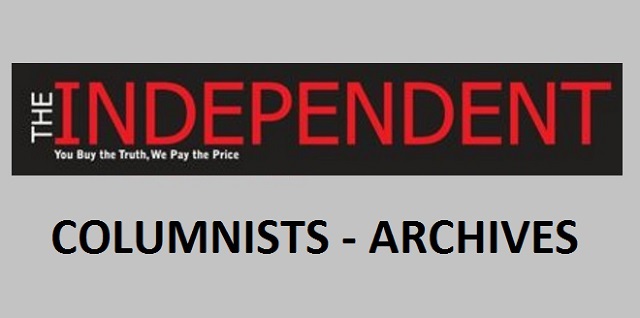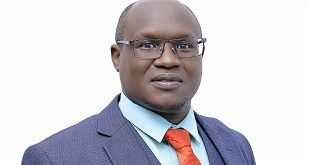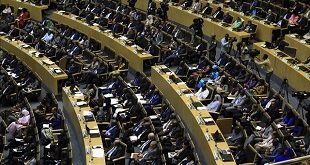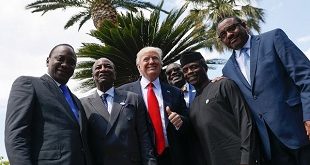
By The Independent Reporter
Statement by the government of Rwanda on the report of the UN group of experts on the Democratic Republic of Congo
The Government of Rwanda expresses its deep disappointment at the report of the UN Group of Experts, which contains dangerous inaccuracies and outright lies. This report is a deliberate move to shift blame away from the Government of DRC and the international community ‘” both of which have failed to resolve the conflict in eastern DRC despite numerous bilateral, regional and international initiatives in the last fourteen years.
The purpose of the report can only be regarded as malicious as it appears when for the first time in many years there is unprecedented progress by countries in the region, including Rwanda and DRC, in finding lasting solutions to common problems. The report attempts to overshadow and even derail recent breakthroughs that include a joint Rwanda/DRC military operation plan to disarm remnants of genocidal forces in the DRC (FDLR); resumption of diplomatic relations between DRC and Rwanda, Burundi and Uganda; as well as the revival of the CEPGL (Economic Community of the Great Lakes region that comprises Burundi, DRC and Rwanda).
This is in addition to a larger regional Summit initiative involving eleven countries and several international organizations including the UN. A review meeting of the Summit is scheduled for 21 December 2008.

Rwanda does not recruit for CNDP. The UN Group of Experts and MONUC are fully aware of this but have chosen to go ahead and make these accusations, going even further to allege that Rwanda recruits child soldiers for CNDP, which can only be seen as an obvious attempt to concoct serious accusations against the Government of Rwanda. This is in spite of the fact that Rwanda has been cooperative in providing the UN Group of Experts with the information required to accomplish its mission and has been active in prohibiting any support to CNDP from Rwandan territory.
It is important to note that the UN and the international community have failed to neutralize the persistent threat posed to the region by the Ex-FAR/Interahamwe or FDLR ‘” which was the justification for deploying UN forces in the DRC in the first place. This incomprehensible unwillingness to do the right thing is further reflected in the report which throughout avoids referring to Ex-FAR/Interahamwe/FDLR by what they really are ‘” ‘genocidaires’, and instead opts to call them confusing names like ‘Hutu rebels’.
It is also evident that the UN and the international community have failed to deal with the matter of the support FDLR receives from the DRC Government – the UN which is present on the ground is fully aware that CNDP gets significant amounts of arms from the Government of the DRC. This should in no way justify attempts at balancing the situation by fraudulently associating the Government of Rwanda with the CNDP on the basis of what can only be described as flimsy and far-fetched evidence. This is especially in the context in which Rwanda has honored all its commitments from the very first of many agreements on this issue.
The report in paragraph 62 indicates that ‘there is little documentation available to prove Rwandan material support to the CNDP’, the Government of Rwanda points out that even the noted verbal testimonials implicating Rwanda cannot be credible as they are premised on allegations resulting from hearsay, perceptions and stereotypes.
The Government of Rwanda believes that the UN Group of Experts report does not serve to truthfully inform the international community of the current situation in the DRC, nor does it give concrete proposals on implementation of existing initiatives aimed at achieving peace and stability. Instead, the report engages in an insidious balancing game that can never contribute to the resolution of the longstanding conflict in the DRC. This can only be seen as strategy meant to justify the failures of the international community
The Government of Rwanda is of the opinion that rather than engage in distorting the facts and proffering the usual dangerous ‘balancing’ approach, the UN and those representing it should boldly acknowledge and confront their own failures and weaknesses in order to contribute meaningfully to finding lasting solutions to the conflict.
-Ministry of Foreign Affairs Republic of Rwanda.
 The Independent Uganda: You get the Truth we Pay the Price
The Independent Uganda: You get the Truth we Pay the Price


